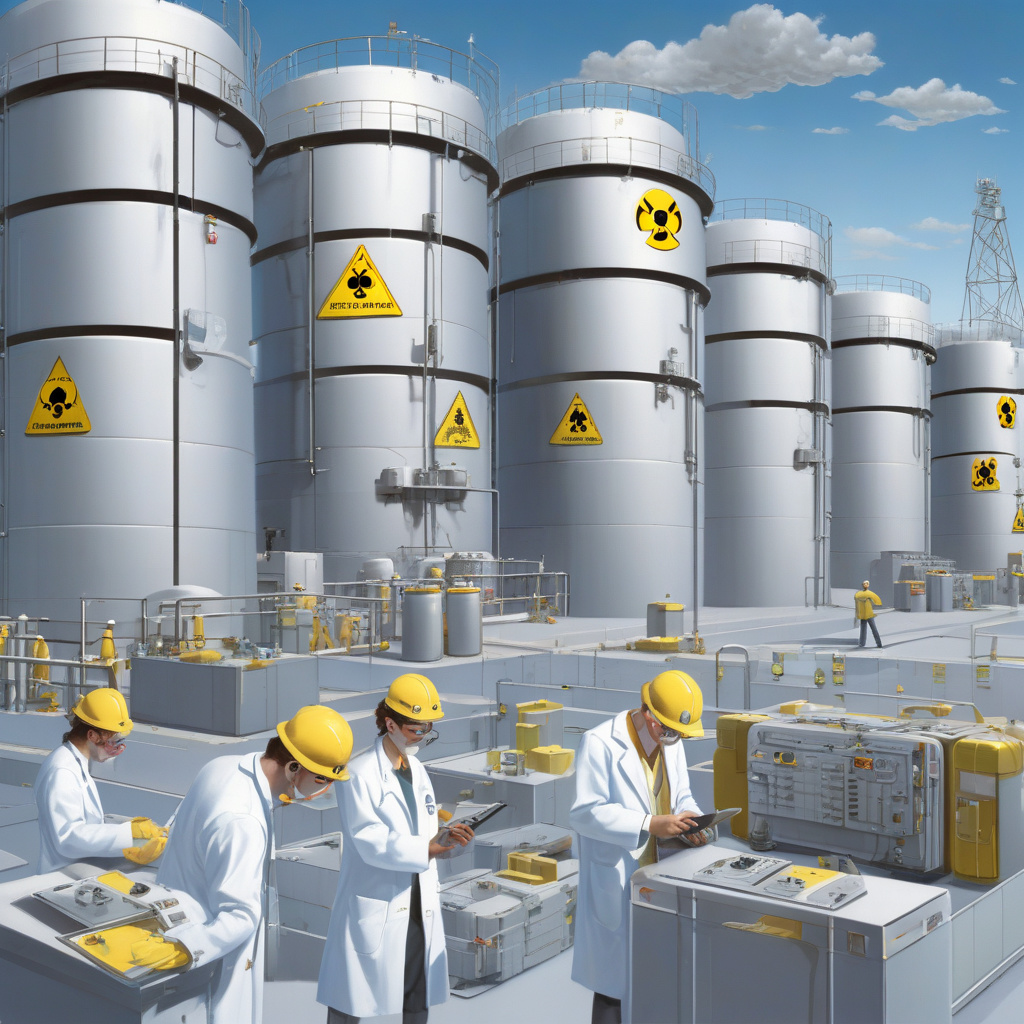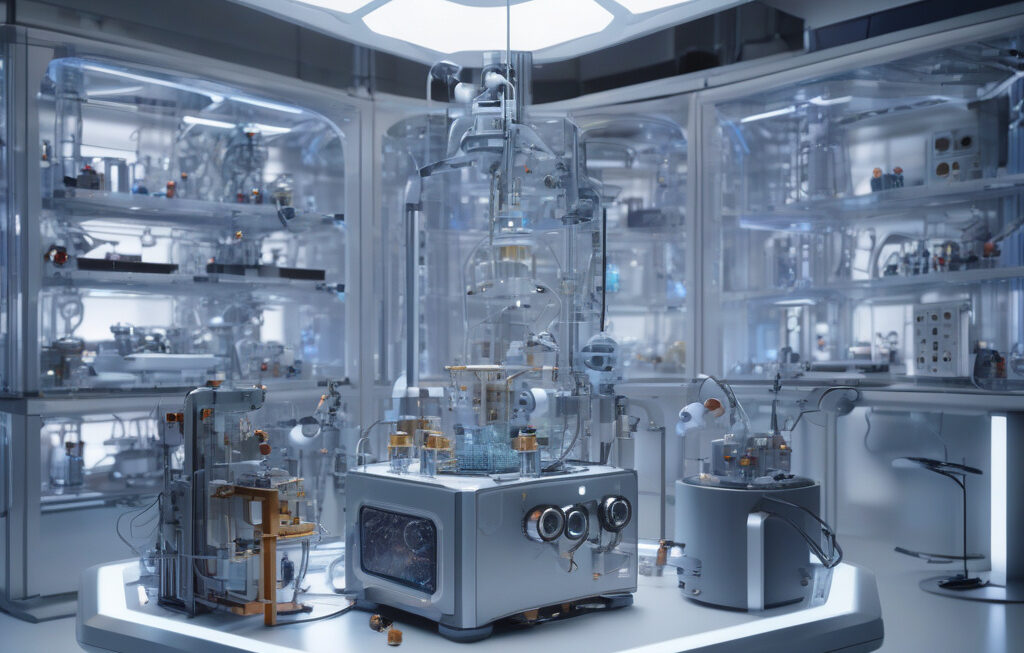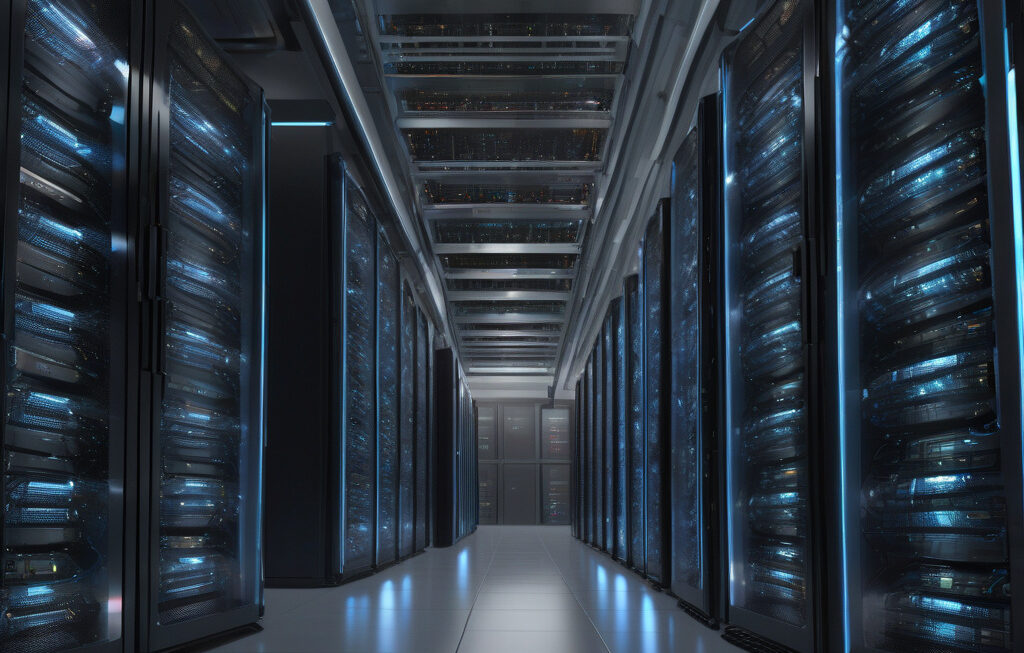US Eyes 90,000 Tons of Nuclear Waste as Fresh Fuel for Future Power Reactors
The President Donald Trump-led administration in the United States is looking at ways in which the country’s 90,000 tons of nuclear waste can be repurposed as fresh fuel for future power reactors. This innovative approach is part of a broader strategy to address the issue of nuclear waste management while also ensuring a sustainable and efficient energy future for the nation.
Nuclear power has long been a contentious issue, with concerns about safety, waste disposal, and environmental impact often dominating the conversation. However, proponents of nuclear energy argue that it is a clean and reliable source of power that can help reduce greenhouse gas emissions and combat climate change.
One of the biggest challenges facing the nuclear industry is what to do with the spent fuel rods that are produced during the generation of nuclear power. These rods remain highly radioactive and dangerous for thousands of years, making their disposal a complex and expensive endeavor.
The US currently has around 90,000 tons of nuclear waste sitting in temporary storage facilities across the country. The Trump administration’s proposal to use this waste as fuel for next-generation reactors could potentially solve two problems at once – reducing the amount of waste that needs to be stored and providing a new source of fuel for the nation’s energy needs.
One of the key technologies being considered for this project is the use of advanced reactors that are capable of using spent nuclear fuel as a fuel source. These reactors, known as fast reactors or molten salt reactors, have the potential to extract more energy from nuclear fuel and produce less waste in the process.
By reprocessing the spent fuel rods and extracting the remaining usable material, these advanced reactors could effectively “recycle” nuclear waste and turn it into a valuable resource. This not only reduces the amount of waste that needs to be stored but also maximizes the energy potential of the fuel, making nuclear power even more efficient and sustainable.
In addition to the environmental benefits, using nuclear waste as fuel for future reactors could also have economic advantages. Repurposing existing waste as fuel reduces the need for new uranium mining and processing, which can be costly and environmentally damaging. It also creates new opportunities for innovation and technological development in the nuclear industry, potentially leading to job creation and economic growth.
While the idea of using nuclear waste as fuel for future power reactors is still in the early stages of development, it represents a promising step towards a more sustainable and efficient energy future. By harnessing the untapped potential of existing nuclear waste, the US has the opportunity to not only address the challenges of nuclear waste management but also to advance its position as a global leader in clean energy technology.
As the Trump administration continues to explore this innovative approach to nuclear energy, the potential benefits for both the environment and the economy are clear. By turning a long-standing problem into a valuable resource, the US could pave the way for a more sustainable and prosperous future powered by nuclear energy.
nuclear waste, power reactors, energy future, advanced reactors, sustainable energy












